-
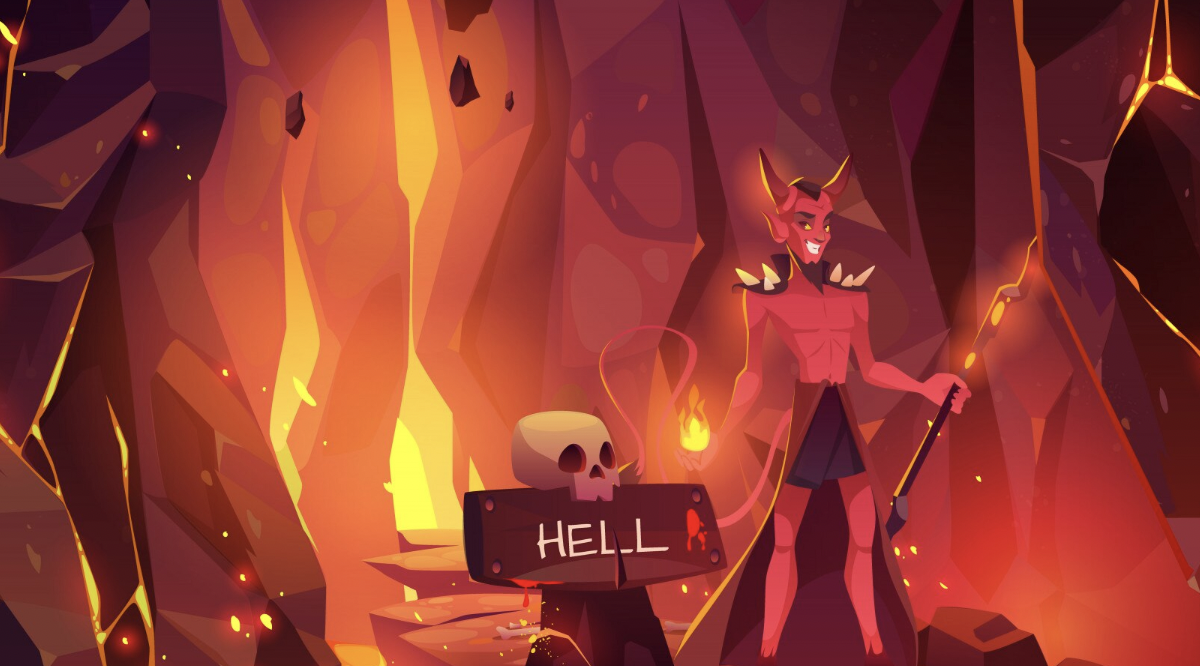
Dreams About Hell: Meaning and Interpretation
Dreams often reflect our subconscious thoughts and emotions, offering insights into our fears, desires, and inner conflicts. Among these, dreams…
-

Spiritual meaning of dreams about Cheese
Dreams are often mysterious, offering a glimpse into our subconscious through symbols. While they may sometimes feature bizarre or abstract…
-

Dreaming About Dragons: Meaning, Interpretation, and Common Scenarios
Dreams have fascinated humanity for centuries, and one of the most mystical and captivating dreams is that of dragons. Dragons…
-

Meditation for Anxiety: A Detailed Guide to Find Your Inner Calm
In today’s fast-paced world, anxiety has become a common challenge affecting millions of people. It manifests in various ways, such…
-

Why Dreaming About a Boyfriend Cheating Happens: Explained
Have you ever woken up in a cold sweat after a dream where your boyfriend was cheating on you? Dreams…
-

What the Bible Says About Self-Harm: Finding Healing and Hope in God’s Word
As a pastor, I want to offer a compassionate perspective on the serious issue of self-harm, and explore what the…
-
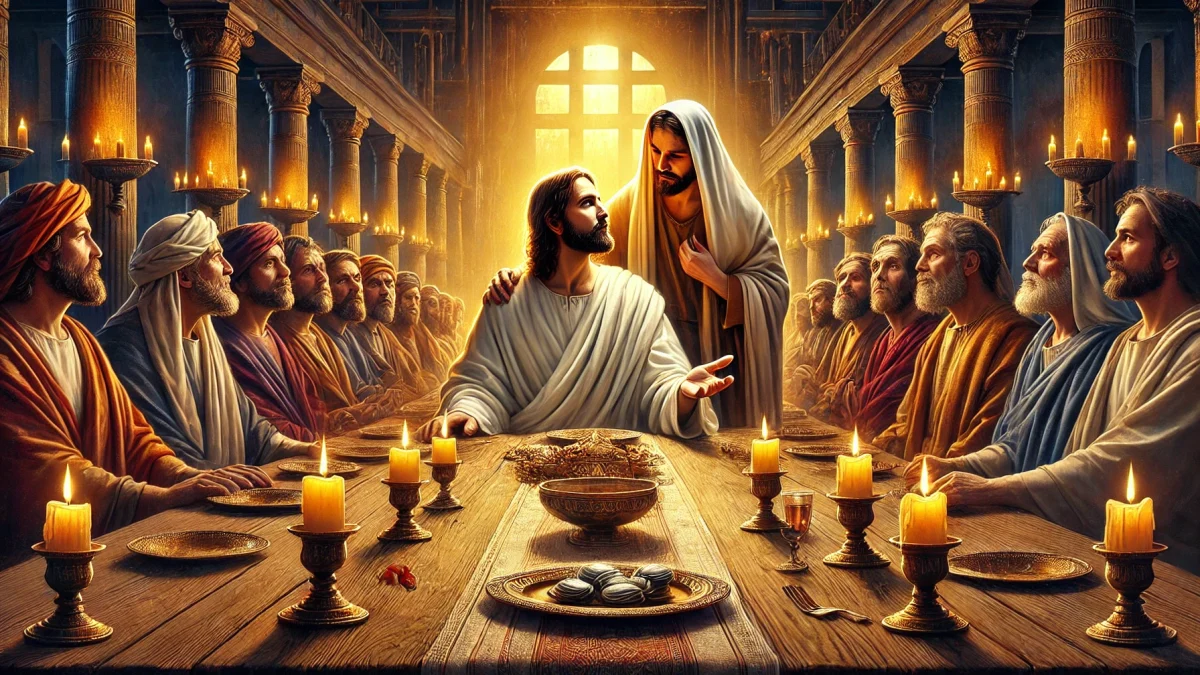
Why does Judas kiss Jesus?
The kiss of Judas is one of the most poignant and tragic moments in the Gospels. Found in passages like…
-
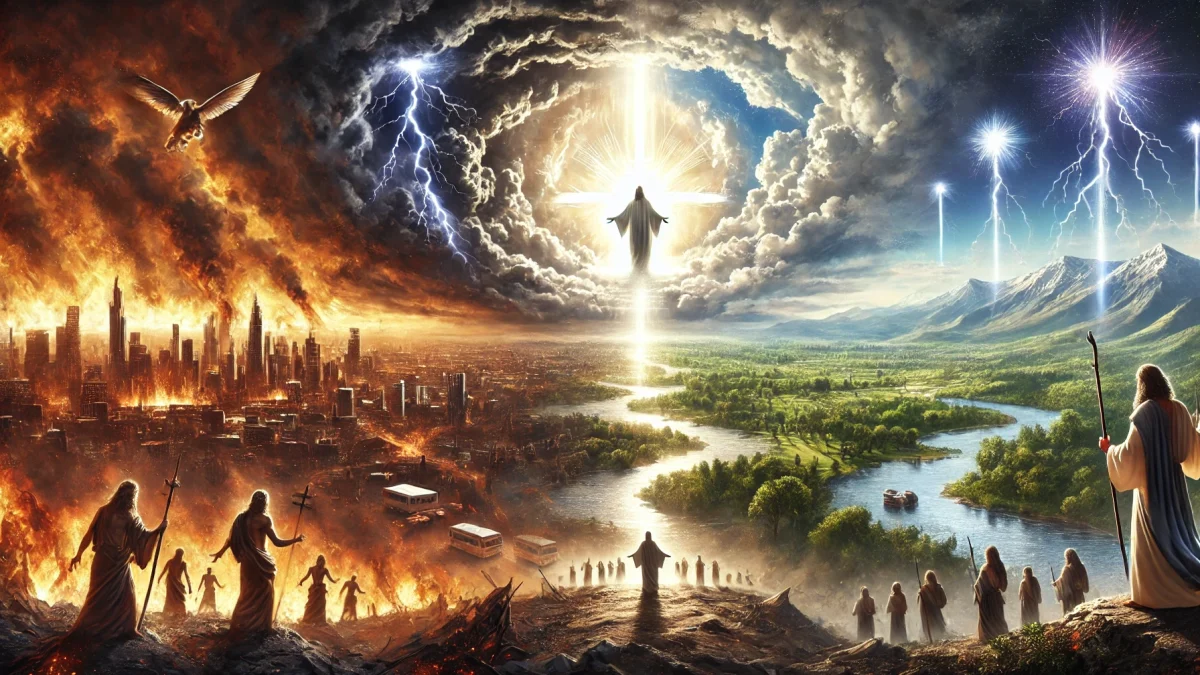
What Is the Time of Jacob’s Trouble?
As a pastor and student of God’s Word, I often reflect on the profound truths found in Scripture. One of…
-
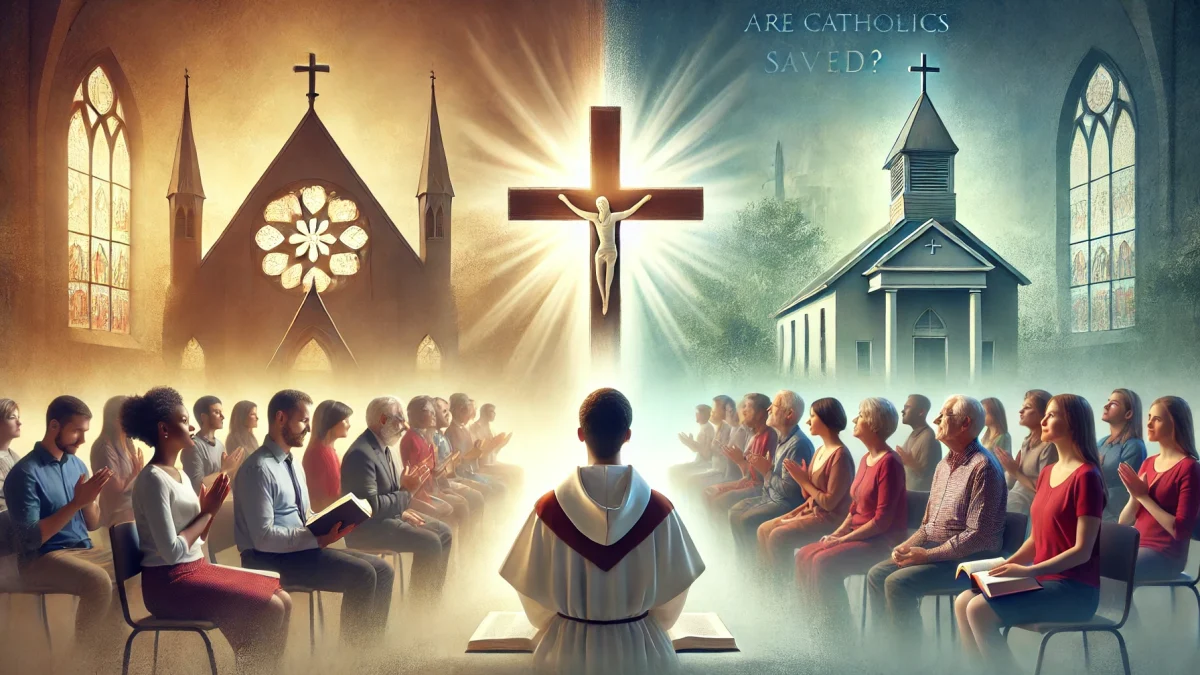
Are Catholics Saved? Understanding Salvation in Catholicism Through Scripture
As a pastor and follower of Jesus Christ, I often get the question: “Are Catholics saved?” This is a sensitive…
-
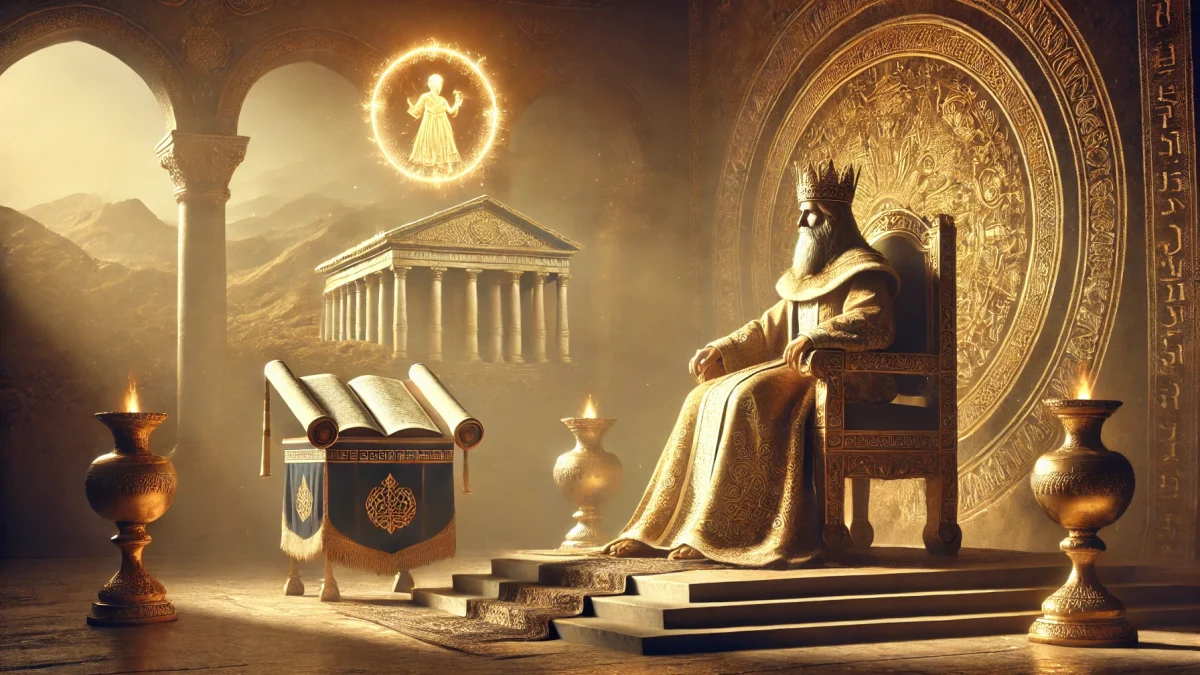
Was Solomon Saved? Exploring His Spiritual Journey
The question of King Solomon’s salvation is both intriguing and complex. While the Bible does not explicitly confirm Solomon’s eternal…